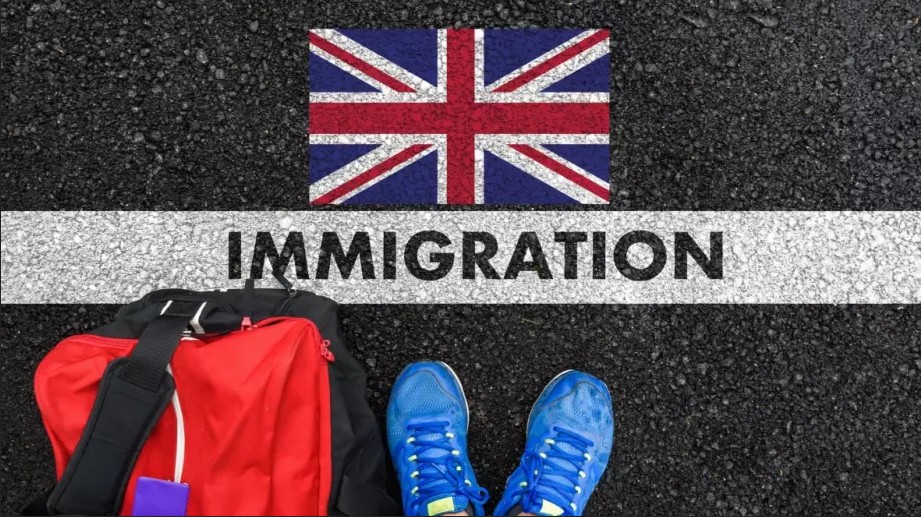This week saw the last deadline for EU citizens living in the UK to legalize their stay. However, many employers do not know the mechanism and many foreigners fear discrimination, Deutsche Welle reports.
Oliver Phillips is a German citizen, but has lived and worked in England for years. On December 26, 2020, he applied for residency status. “On April 8, 2021, I received an email informing me that my application had been accepted. Finally, on April 19, 2021, a reply arrived that I could stay in England,” he said.
During these almost 4 months, as long as the procedure lasted, Phillips (his name was changed by the editors) was completely unaware of how far she had come, as there was no place where he could find out about it. During these months, he could not certify, for example, to his employer, the bank or the landlord that he was in fact entitled to remain in the United Kingdom. Many other foreigners on the Island also complain about the complicated procedure.
5.6 million EU citizens are applying for a settlement scheme that will allow them to stay in the UK. They must prove that they lived in the United Kingdom before the end of 2020.
“Another 400,000 European citizens are still waiting for their procedure to end. They have been standing for months and do not know what is happening with their candidacies,” said Mike Bonn, co-founder of the 3 Million organization, which fights for the rights of European citizens. The island after Brexit. “These people are seriously worried about what will happen to them after July 1,” he said.
Insecurity and discrimination
The British government first had to create a procedure for European citizens. Because there are no address registration services in the UK. The new system works only digitally – without an employee at the counter, without stamps or paper documents.
That creates serious problems, Bon says. Many employers are not oriented in the new system. “Even if you have such a certificate, you may not get a job. And there is often discrimination, because there is serious confusion about how exactly the new digital system works. We believe that these 400,000 people are victims not only of insecurity, but also of discrimination, “he explains.
The British government assures that anyone who submits an online application before July 1 can rest assured that it will be processed. In the last days before the deadline, thousands of applications were submitted every day.
“The British are much more racist”
Bonn sees this as a policy that is hostile to immigrants. “Whatever a minister says, the whole system in Britain is designed to set boundaries inside. Employers, universities, hospitals – they all need to check that you are legally resident in the country.” Otherwise, for example, the employer is threatened with serious fines.
Phillips realizes that along with Boris Johnson’s policies, the mood in society has changed. “In the last five years, the British have become much more racist,” he said. Oliver Phillips is happy to have received a long-term residence permit. But before his first trip abroad, he still worries – who knows if the digital inspection system will work then.









